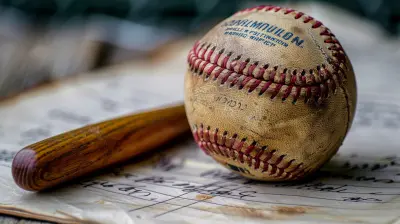The Role of Nutrition in a Cricketer’s Performance
8 June 2025
Let’s talk cricket. Not just about sixes, boundaries, or nail-biting finishes, but something that often gets overshadowed by that glorious cover drive—nutrition. Ever wondered what fuels your favorite cricketers to sprint between the wickets, bowl fiery spells, or stay sharp during those lengthy test matches?
It’s not just raw talent or grueling net sessions. It’s food—it’s what they eat, when they eat, and how that fuels every inch of their body and mind.
Whether you’re an aspiring cricketer, a weekend warrior, or just a fan curious about what goes on beyond the pitch, this deep dive into the role of nutrition in a cricketer’s performance is for you.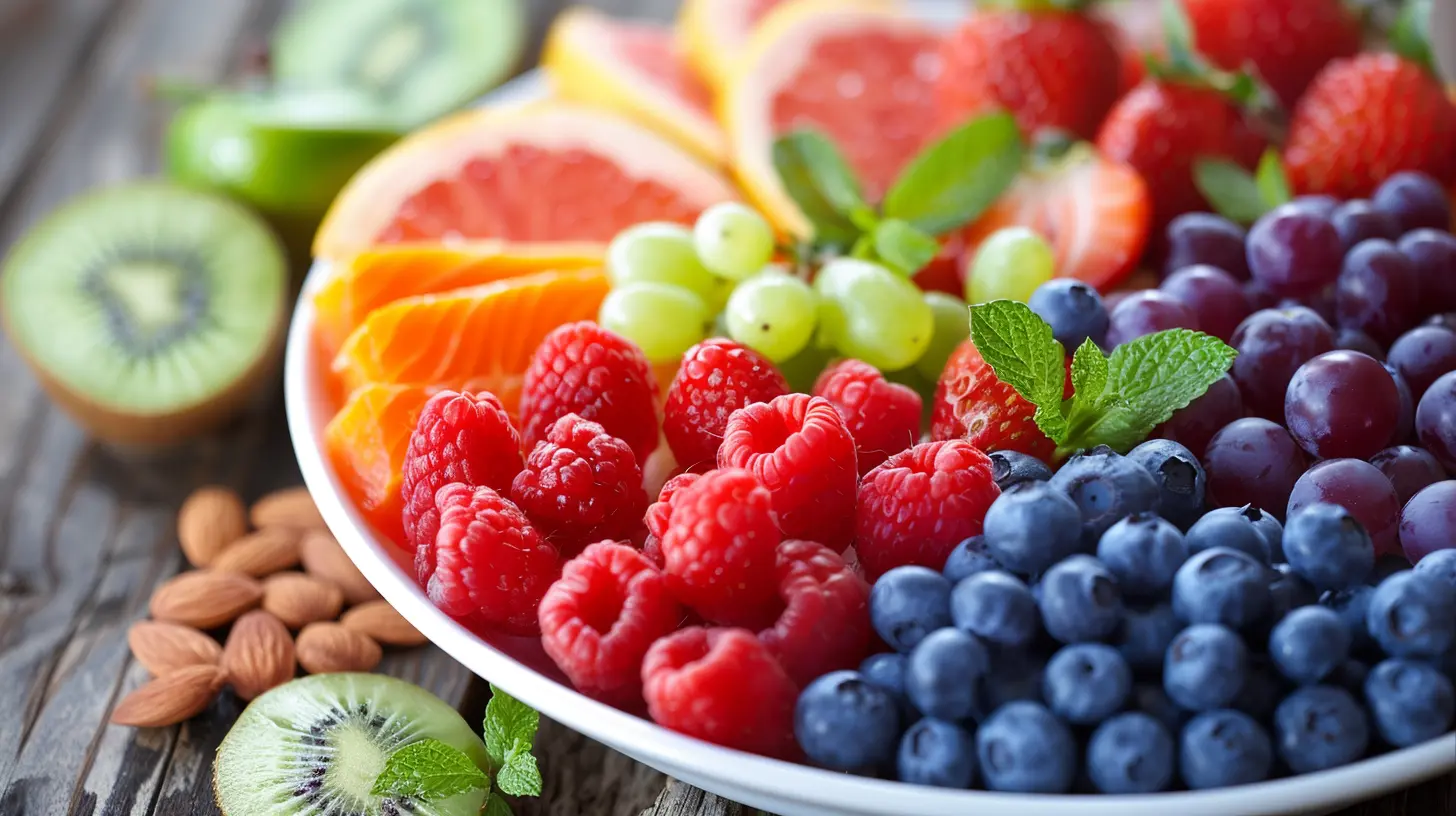
Why Nutrition Matters In Cricket
Cricket is a unique sport. We’re talking about hours (sometimes days) of intense concentration, burst movements like sprinting or diving, and rapidly changing energy demands.Unlike football or rugby, where the game is fairly consistent and short, cricket demands stamina, strength, precision, mental clarity, and even recovery during games. That’s where nutrition steps in like a secret weapon.
Think of Your Body as an Engine
Would you pour soda into a Ferrari and expect it to perform well? No chance. The same goes for athletes. Junk in equals poor performance. Quality fuel (a.k.a. food) keeps the body running like a well-oiled machine.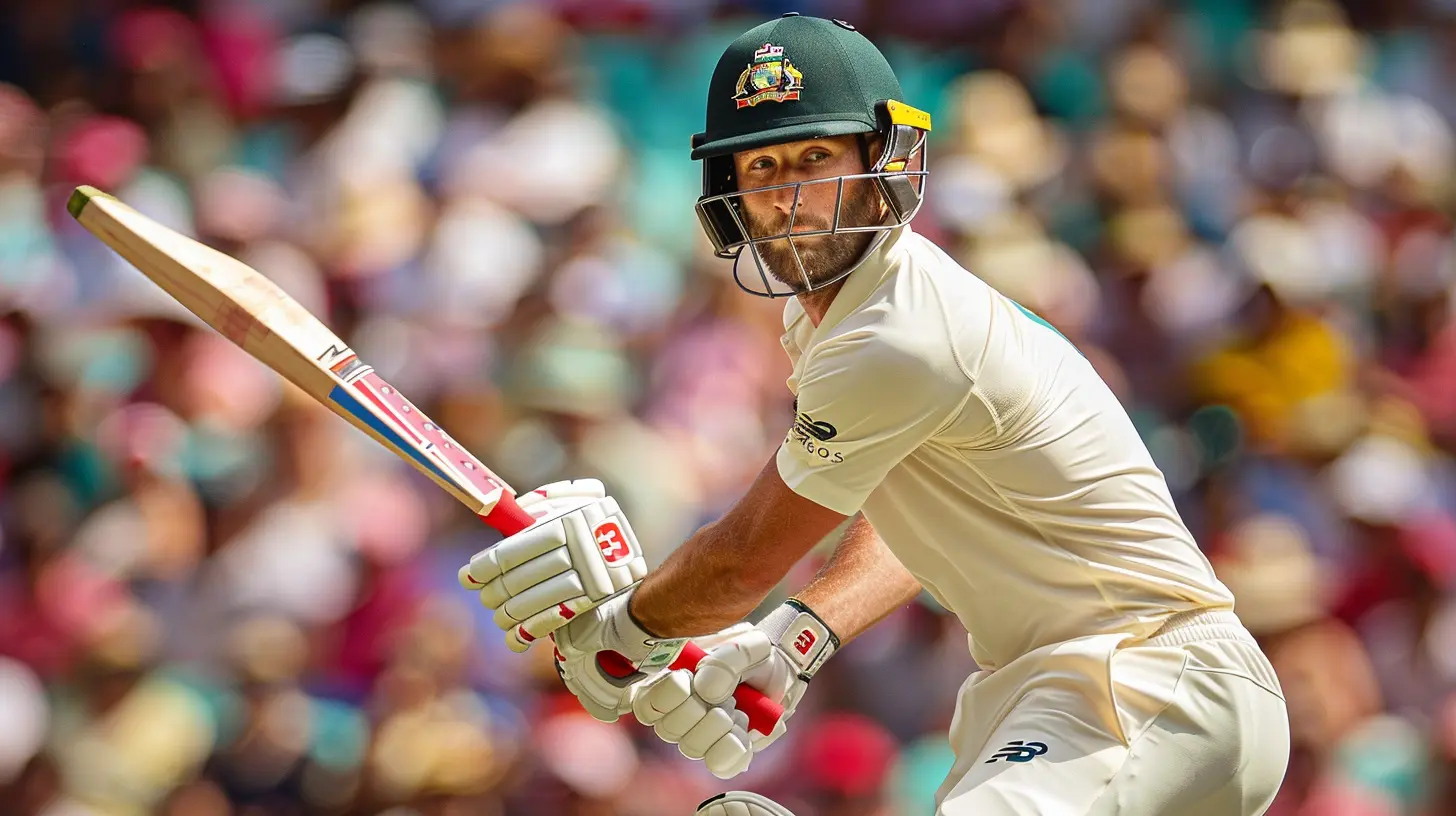
Macronutrients: The Power Trio
Nutrition starts with the basics—macronutrients. These are the big players: carbs, proteins, and fats. Let’s break them down in a way that actually makes sense.1. Carbohydrates: The Main Fuel Tank
Carbs are like the petrol of cricket. They’re your go-to energy source. From quick singles to chasing a ball to the boundary—carbs make it happen.But not all carbs are created equal.
- Complex carbs like oats, brown rice, and sweet potatoes slowly release energy—perfect for those long innings.
- Simple carbs like fruits and white bread give quick energy boosts—ideal for mid-match refuels.
A good balance between the two? That's the sweet spot.
2. Protein: The Muscle Mechanic
Cricket may not be just about brute strength, but don’t underestimate the role of muscles, especially for bowlers and all-rounders.Protein helps:
- Repair muscle tissue after games or training
- Build strength and endurance
- Speed up recovery
Great sources? Lean meats, eggs, paneer, lentils, and whey protein shakes.
3. Fats: The Long-Term Energy Source
Healthy fats are like a steady campfire—consistent, long-lasting energy. They also support brain function (hello, focus!) and reduce inflammation.Top sources include nuts, seeds, avocados, olive oil, and fatty fish.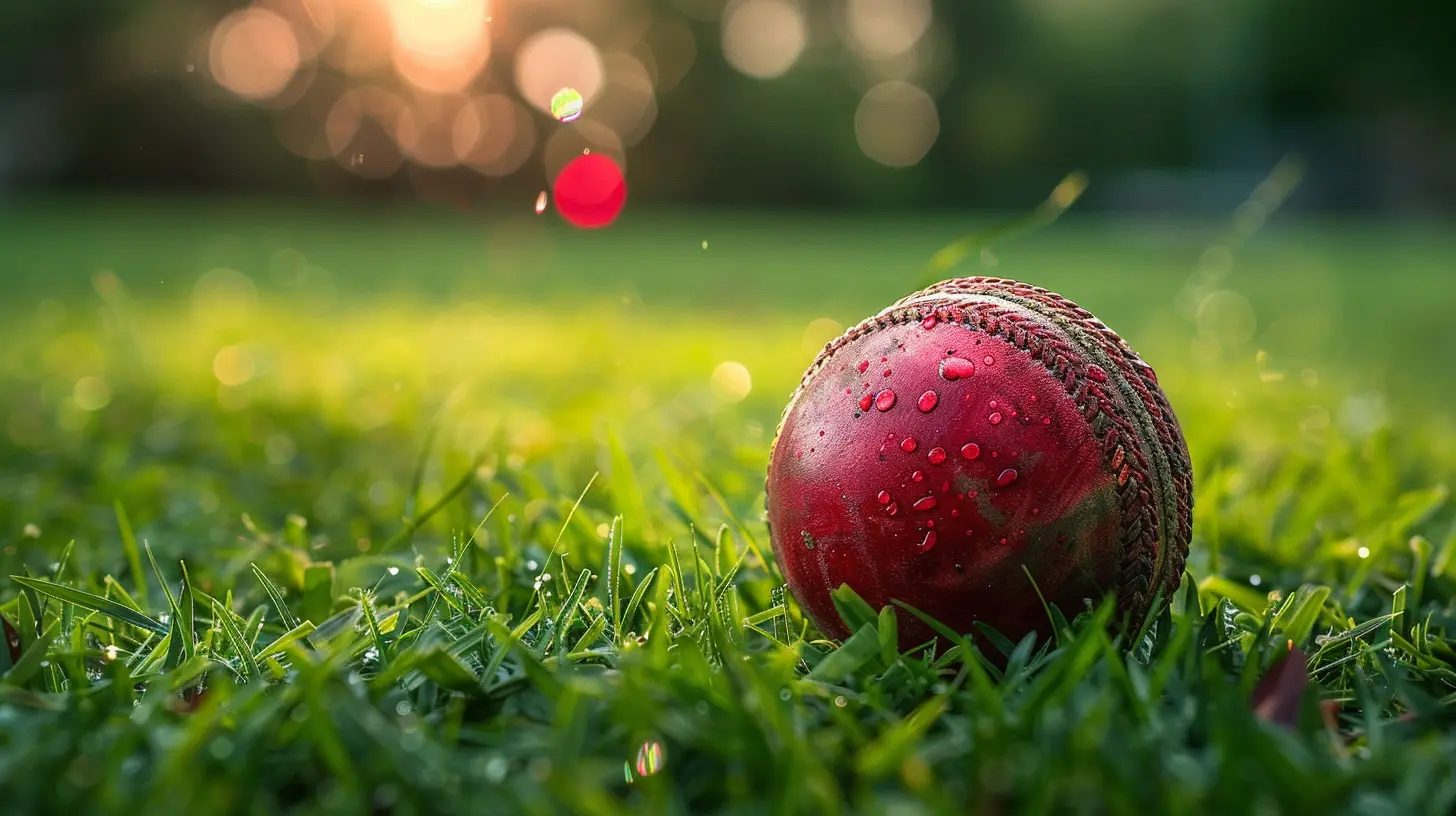
Micronutrients: The Unsung Heroes
Macronutrients might be the headliners, but micronutrients are the backstage crew making everything work smoothly. Think of them as the vitamins and minerals that keep the engine humming.Key Micronutrients for Cricketers
- Iron: Helps with oxygen transport. Without enough, you’ll fatigue quickly.- Calcium & Vitamin D: Essential for bone strength (those dives and awkward landings? Yeah, you need solid bones).
- Magnesium & Potassium: Crucial for avoiding cramps and muscle soreness.
- B-Vitamins: Boost metabolism and energy production.
A rainbow-colored diet—loaded with fruits, veggies, seeds, and whole grains—is the best way to cover all your micronutrient bases.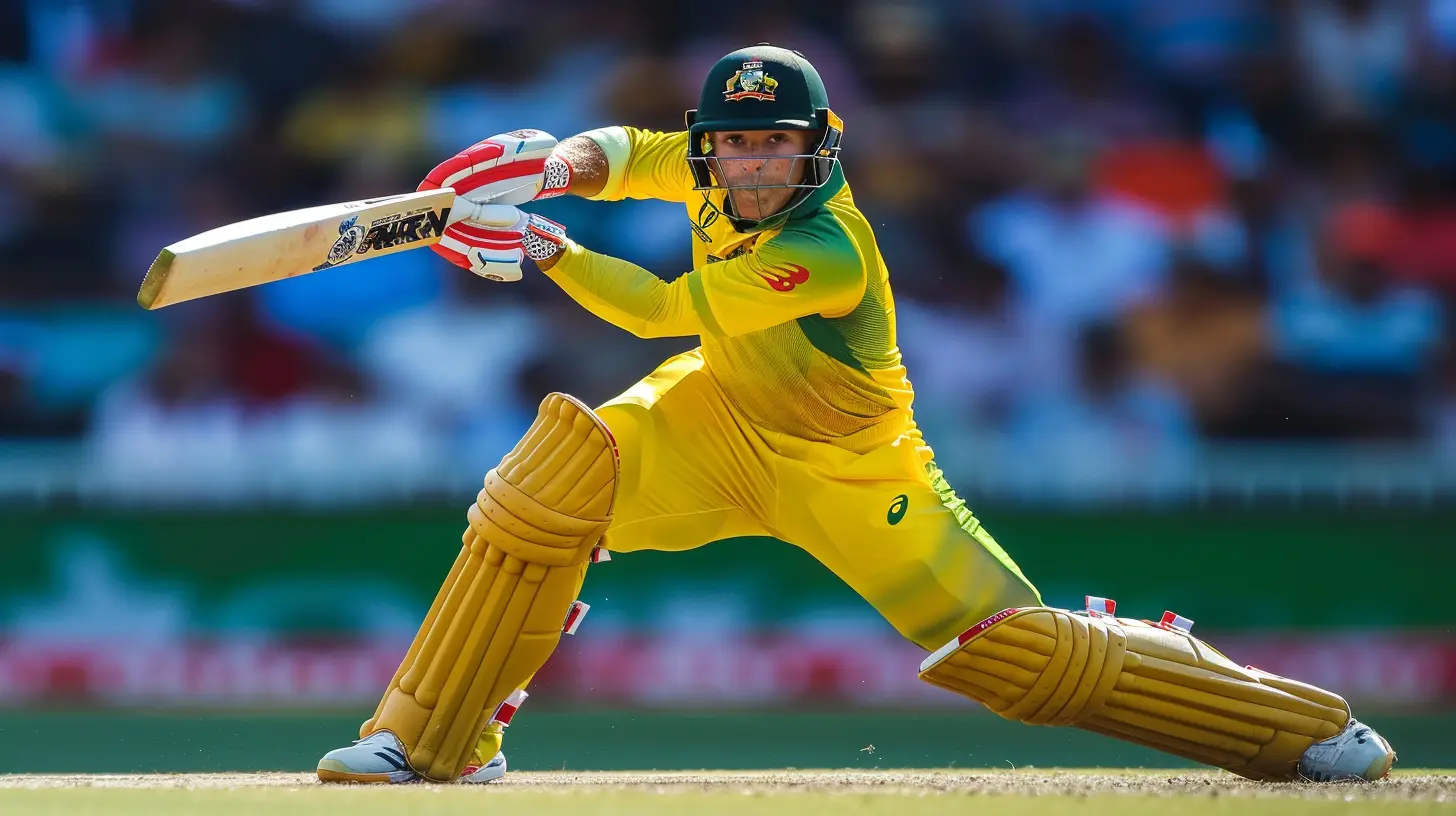
Hydration: The Most Overlooked Gamechanger
Let’s face it, sweating buckets in 40-degree heat while fielding for hours can drain you faster than a phone on 1% battery. Hydration isn't just about avoiding thirst—it's about maintaining stamina, focus, and muscle function.Signs You’re Dehydrated on the Field:
- Fatigue- Cramping
- Sluggish reflexes
- Headaches
What to Drink:
- Water: Always the go-to.- Electrolyte drinks: Important when you're sweating a lot.
- Coconut water: Natural and packed with potassium.
Stick to sipping throughout the day, not just when you feel dry-mouthed.
Timing is Everything: Nutrient Timing for Cricketers
It’s not just about what you eat, but when you eat it. Eating at the right time can make the difference between peak performance and mid-over burnout.Pre-Match Meals (2-3 Hours Before)
Think of this as fueling up before a road trip.- Focus: Complex carbs + moderate protein + low fat
- Example: Grilled chicken sandwich with whole-grain bread and a banana
During the Game
Energy dips? Quick-fix snacks help.- Focus: Simple carbs
- Example: Energy bars, bananas, isotonic sports drinks
Post-Match/Training Recovery (Within 30-60 minutes)
This is prime time for recovery.- Focus: High protein + moderate carbs + rehydration
- Example: Whey protein shake + peanut butter toast + coconut water
Match Day vs. Training Day Nutrition
Your diet should adapt like a flexible game plan. Training days may have different nutritional demands than match days.Match Days:
- Carb-heavy meals for sustained energy- Frequent snacking during breaks
- Electrolyte-rich hydration
Training Days:
- Balanced nutrition focused on muscle building and recovery- Higher protein intake
- Less simple sugars, more fiber
Nutrition for Different Cricket Roles
A fast bowler and a wicketkeeper have very different jobs—and therefore different fueling needs.Batsmen:
- Require quick reflexes, mental clarity, and endurance- High-carb meals for stamina
- Antioxidants like berries for brain focus
Bowlers:
- High protein for muscle strength and recovery- Magnesium for muscle health
- Bananas and sweet potatoes to combat cramping
Wicketkeepers:
- Need agility and alertness for long periods- Protein + complex carbs
- Hydration is key—they move around a LOT
All-Rounders:
- The whole package—balanced macros and nutrient-dense snacks- Recovery nutrition is a must
Supplements: Do You Really Need Them?
Here's the deal—food should always come first. Supplements are exactly what the name suggests: supplementary. But in specific cases, they can fill the gaps.Common Cricket-Friendly Supplements:
- Whey protein: For muscle repair without heavy meals- Creatine: Helpful for short, powerful bursts of movement
- Multivitamins: Great for covering micronutrient variety
- Omega-3s: Reduce inflammation from repetitive movements
Always, and we mean ALWAYS, consult with a nutritionist or team doctor before popping supplements. You don’t want a banned substance ruining your career.
The Mental Edge: Nutrition for Cognitive Performance
Cricket is just as much a mental game as it is physical. A dozen hours on the field, and it’s your brain that needs to stay alert.Foods rich in:
- Omega-3 fatty acids (think fish like salmon)
- B-vitamins (whole grains and leafy greens)
- Antioxidants (berries, nuts, dark chocolate)
These can sharpen focus, improve decision-making, and help with stress during high-pressure situations.
Common Nutrition Mistakes Cricketers Make
Even pro-level players can slip up. Let’s go over a few nutritional "no-no’s" to avoid at all costs.1. Skipping Meals: Leads to energy crashes and poor recovery
2. Overloading on Sugar: Short bursts of energy, followed by steep crashes
3. Underhydration: Major performance killer
4. Ignoring Recovery Nutrition: Slows down muscle repair and increases injury risk
5. Too Much Fast Food During Travel: Easy to do, but tough on performance
Creating a Cricketer’s Meal Plan: A Quick Sample
Let’s wrap things up with a sample day that could work for a typical match day:Breakfast
- Oatmeal with banana, almonds, and honey- Boiled eggs
- Green tea or lemon water
Mid-Morning Snack
- Greek yogurt- Handful of trail mix or fresh fruit
Lunch (Pre-Match)
- Grilled chicken wrap with veggies- Quinoa salad
- Coconut water
Mid-Game Snack
- Banana or low-sugar energy barPost-Match
- Protein smoothie with berries and chia seeds- Peanut butter toast or boiled eggs
Dinner
- Baked salmon or paneer- Steamed veggies
- Brown rice or sweet potato
Before Bed
- Herbal tea- Small bowl of curd or a boiled egg for overnight protein synthesis
Final Thoughts
You can have the best bat in hand, the fastest pace, or the sharpest eyes—but without the right nutrition, your body just won’t deliver what your mind dreams up.Fuel yourself like a champion and watch how the game changes.
So next time someone tells you cricket is “just about talent,” remind them—it’s also about timing your meals as well as your shots.
all images in this post were generated using AI tools
Category:
CricketAuthor:

Ruben McCloud
Discussion
rate this article
3 comments
Ace Cooper
Fuel up for sixes!
June 22, 2025 at 4:33 AM

Ruben McCloud
Absolutely! Proper nutrition fuels energy and enhances performance, helping cricketers hit those sixes with power and precision.
Thomas Wheeler
Fuel your game, unleash greatness!
June 12, 2025 at 2:49 AM

Ruben McCloud
Absolutely! Proper nutrition is essential for peak performance, helping cricketers maintain energy, focus, and endurance on the field. Fueling the body right truly unleashes their greatness!
Edith McCloud
Fuel up or sit down, darling!
June 11, 2025 at 3:15 AM

Ruben McCloud
Absolutely! Proper nutrition is essential for optimal performance on the field.
